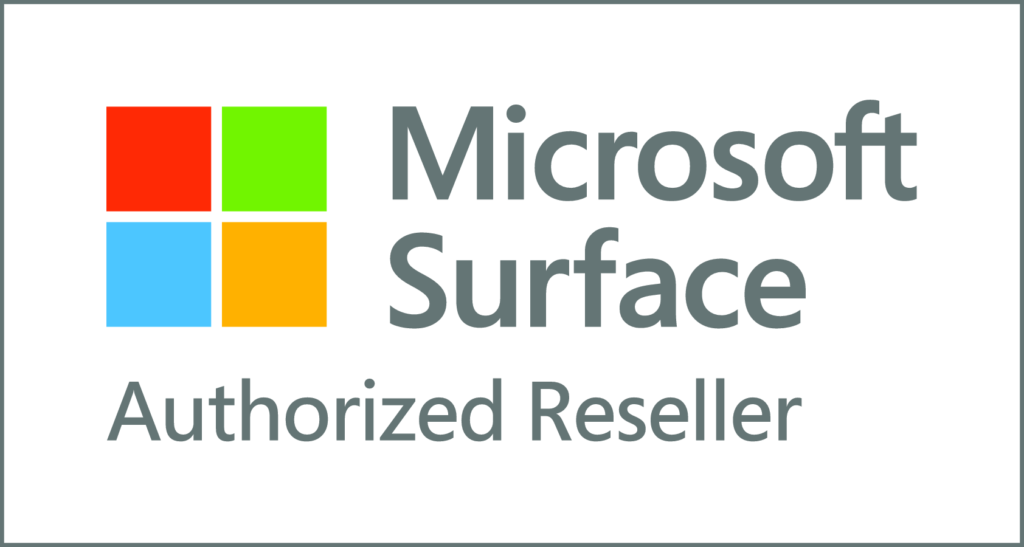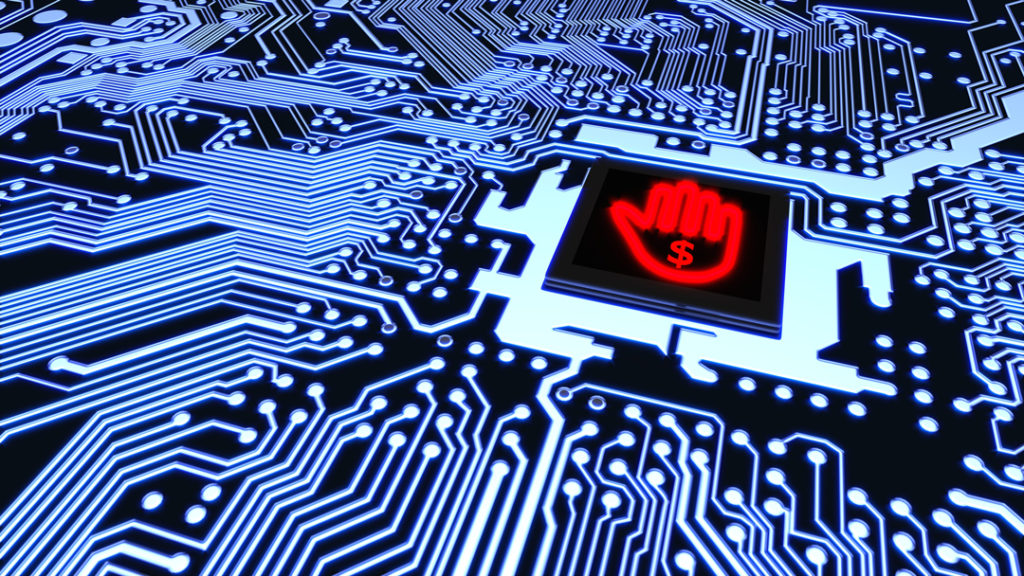As technology advances, so do the threats that come with it. Cybercriminals and hackers are constantly looking for new vulnerabilities to exploit, and businesses are a prime target. That’s why it’s more important than ever to have a robust cybersecurity strategy in place.
It can be overwhelming to stay up-to-date with the latest threats and solutions, but having a basic knowledge of cybersecurity can make a significant difference in protecting your business. In this blog post, we’ll cover some cybersecurity dos and don’ts to help you strengthen your defenses.
The Dos and Don’ts of Cybersecurity
DO: Train Your Employees on Cybersecurity Best Practices.
Your employees can be your biggest asset or your biggest liability when it comes to cybersecurity. That’s why it’s crucial to have regular training sessions that educate them on cybersecurity best practices. These training sessions should cover topics such as identifying phishing emails, creating strong passwords, and safely handling confidential information. By training your employees, you can minimize the risk of a data breach caused by human error.
DO: Use Multi-Factor Authentication.
Multi-factor authentication adds an extra layer of security to your accounts by requiring more than just a password to access them. It’s an effective way to prevent unauthorized access, even if someone manages to obtain your password. You can use multi-factor authentication for your email accounts, business applications, and other systems storing confidential data.
DO: Have a Disaster Recovery Plan.
Even the most extensive cybersecurity measures can’t guarantee 100% protection from attacks. That’s why it’s essential to have a disaster recovery plan in place. A disaster recovery plan outlines the steps your business will take in the event of a cyber-attack, including data restoration and communication protocols. Having a plan can minimize the damage and downtime caused by a cyber-attack.
DO: Encrypt Sensitive Data.
Encryption is a critical component of data security. It protects your sensitive data from being accessed by unauthorized individuals, even if they manage to breach your network. Make sure to encrypt all confidential information, including customer data, financial records, and employee information.
DO: Regularly Back Up Your Data.
Having backups of your data is a necessity in the event of a cyber-attack. Regularly back up your critical business data to an offsite location or cloud storage. This way, if your systems are compromised, you can quickly restore your data and minimize the impact on your business.
DON’T: Neglect Software Updates.
Software updates may seem like a hassle, but they are crucial for maintaining network security. Updates often include security patches that address vulnerabilities that cybercriminals can exploit. Neglecting to update your software leaves your business vulnerable to attacks that could be easily avoided.
DON’T: Use Public Wi-Fi Networks.
Public Wi-Fi networks may be convenient, but they’re not secure. Hackers can easily intercept data transmitted over these networks, including your login credentials, credit card information, and other personal details. When working remotely, use a virtual private network (VPN) to establish a secure connection to your office network.
DON’T: Ignore Suspicious Activity.
If you notice any suspicious activity on your network or devices, don’t ignore it. Cybercriminals often use subtle tactics to gain access to your systems, so it’s crucial to act quickly when something seems off. Notify your IT department immediately and take the necessary steps to secure your systems.
DON’T: Share Passwords.
Sharing passwords with coworkers or using the same password for multiple accounts is a common but dangerous cybersecurity mistake. If an attacker obtains just one password, they can access all accounts using that same password. Make sure to use unique and complex passwords for each account.
DON’T: Fall for Phishing Scams.
Phishing scams are one of the most prevalent cyber threats, and they continue to evolve. These scams often involve emails or messages that appear to be from a legitimate source, but they’re designed to trick you into providing sensitive information or downloading malicious software. Always double-check the sender’s email address and be cautious of any urgent requests for personal information.
DO Make Cybersecurity a Priority
Cybersecurity is a constant battle that requires vigilance and proactive measures. By following these cybersecurity dos and don’ts, you can significantly strengthen your defenses against cyber threats.
Don’t wait until it’s too late – prioritize cybersecurity in your business to protect your valuable data and assets. Remember, prevention is always better than reaction when it comes to cybersecurity. Stay informed about the latest threats and implement robust security measures to protect your business from cybercriminals.
We realize that Cybersecurity can be overwhelming and complex. At Total Networx, we simplify cybersecurity for businesses. Our team of experts can help you create a customized cybersecurity strategy that fits your specific needs and budget.
Contact us today to learn more about how we can secure your business against cyber threats. We can build a strong defense against cybercriminals and protect your business’s future.
FAQs
Q: What is multi-factor authentication?
A: Multi-factor authentication (MFA) is a security measure requiring individuals to provide multiple forms of identification to access an account or system. It adds an extra layer of protection against unauthorized access, even if someone manages to obtain the password.
Q: How often should I back up my data?
A: It’s recommended to back up your data at least once a week, but the frequency may vary depending on your business’s needs and the amount of data you generate. It’s best to have a regular backup schedule in place, so you don’t miss any critical data.
Q: What should I do if I notice suspicious activity on my network?
A: If you notice any suspicious activity on your network or devices, don’t ignore it. Immediately notify your IT department and follow their instructions to secure your systems. It’s crucial to act quickly before the situation escalates.
Q: What is a VPN?
A: A virtual private network (VPN) is a secure connection that allows you to access a private network from a public internet connection. It encrypts your data and masks your IP address, providing a secure connection for remote access to your business network.
Q: Should I change my passwords regularly?
A: Yes, changing your passwords is recommended, ideally every three months. This practice can significantly reduce the risk of cyber-attacks and unauthorized access to your accounts. Be sure to use unique and complex passwords for each account to prevent attackers from easily accessing multiple accounts.
Q: How can Total Networx help secure my business?
A: At Total Networx, we offer comprehensive cybersecurity services tailored to your business’s specific needs and budget. Our team of experts will assess your current security measures and create a customized strategy to strengthen your defenses against cyber threats. We also provide ongoing support and monitoring to ensure your business stays protected.
Contact us today for more information on how we can secure your business’s future.



